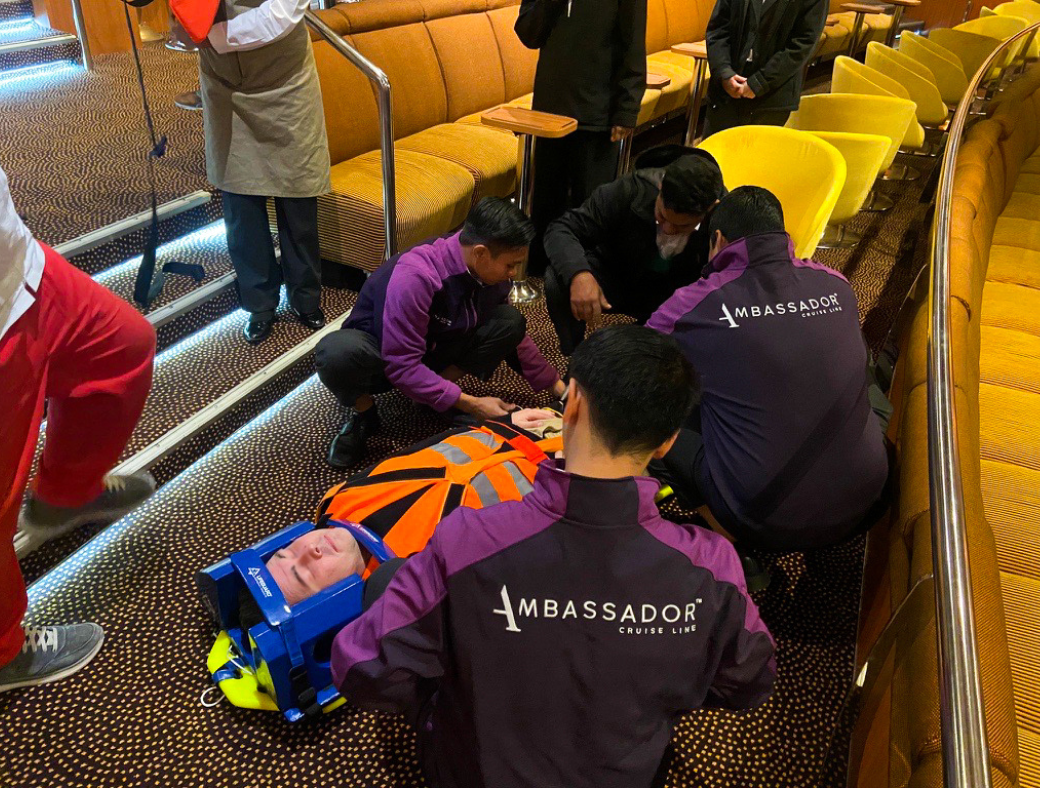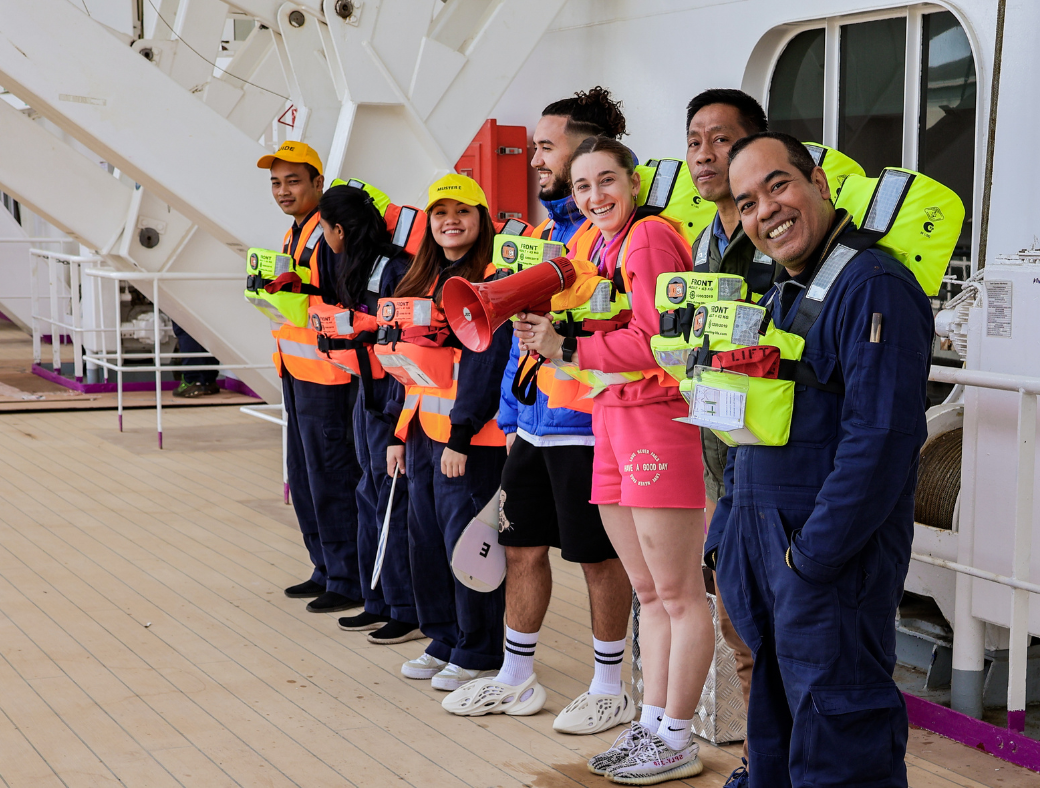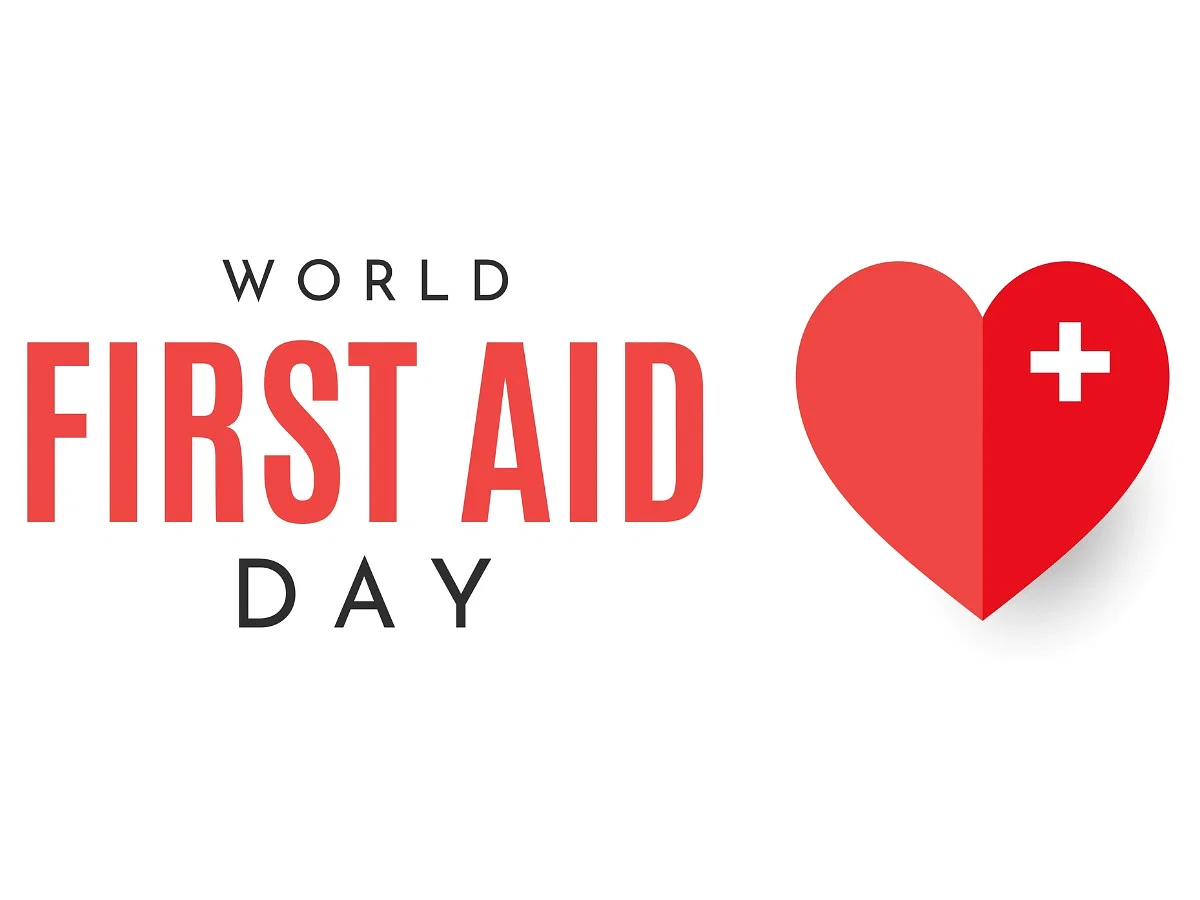Safeguarding Maritime Heroes: World First Aid Day at Sea
Out on the vast ocean, sailors must navigate through dangerous waves, overcome difficult conditions, and confront unexpected obstacles. Their resilience and courage make them true maritime heroes, but even heroes need support in times of crisis.
World First Aid Day provides a unique opportunity to emphasise the importance of first aid knowledge and training for seafarers. Let`s explore the significance of World First Aid Day for seafarers and how they can prepare to tackle emergencies at sea, ensuring the safety of crew members and passengers alike.
The Importance of World First Aid Day for Seafarers
World First Aid Day, celebrated annually on the second Saturday of September, is a global reminder of the significance of first aid skills in saving lives. For seafarers, who spend prolonged periods away from immediate medical assistance, first aid knowledge is particularly vital. Accidents, injuries, and medical emergencies can happen during maritime journeys. We encourage you to consider ways to support first aid efforts while on board and make a meaningful difference. Remember that even small steps can have a significant impact.


Drowning: In the event of a drowning incident, it is crucial to act quickly and remove the person from the water. Initiate CPR, which involves performing chest compressions at a fast pace, you can potentially save a life.
Cuts, Bruises, and Burns: Accidents can be an imminent risk at sea. Don`t be afraid to add pressure on a bleeding wound or even place a tight bandage on top of severe bleeding. If you experience a burn, you should put the area under cold running water. Seafarers should be prepared to act and handle various injuries, from minor cuts and bruises to burns caused by engine room mishaps. Remember that even a bag of ice placed on the injured area makes a difference and alleviates pain.


Seasickness and Dehydration: Seafarers often endure seasickness and dehydration, impacting their well-being and performance. If you or a colleague have been experiencing seasickness for more than three days, including constant vomiting and lack of food and water intake, it is recommended to encourage the intake of fluids in small sips as much as possible.
Medical Emergencies: Cardiac arrests, stroke, allergic reactions, and other medical emergencies can be traumatic experiences for both the patient and those around. Remain calm, call for help and initiate CPR if the patient is not breathing.
CHECK – CALL – CARE
Don`t be afraid to use the Telemedical services of Hanseatic Maritime Health.
Encouraging a Safety Culture


Regular Drills and Exercises: Conducting simulated emergency drills regularly allows individuals to practice their first aid skills and boosts confidence in handling real-life situations. Make sure that the location of the first aid kit is known and crew is familiar with its content and usage.
Knowledge Sharing: If you have experience in First Aid please share your first aid experiences and lessons learned with newer members of the team. Your knowledge exchange will improve overall safety awareness.
As we commemorate World First Aid Day, let us not forget the unsung heroes of the seas – the seafarers who brave the waves to keep the world connected.
Equipping them with first aid knowledge and training is a regulatory requirement and a moral responsibility to safeguard those who risk their lives on maritime journeys. By prioritising first aid skills and fostering a safety culture at sea, we empower seafarers to respond effectively to emergencies, making their voyages safer for everyone on board.
Together, let’s celebrate World First Aid Day by valuing the lives of seafarers and supporting their efforts to make our world more connected and secure.

